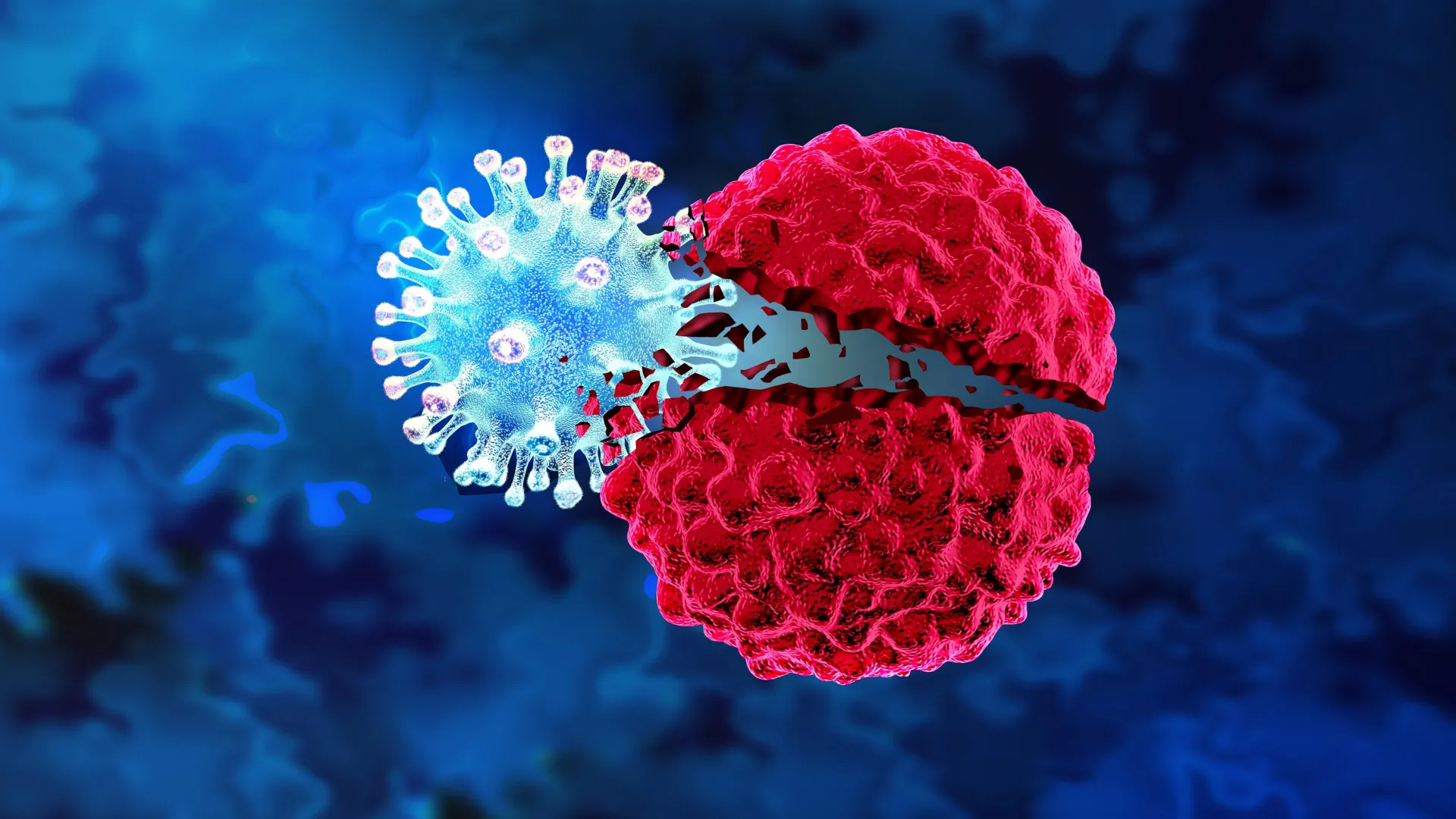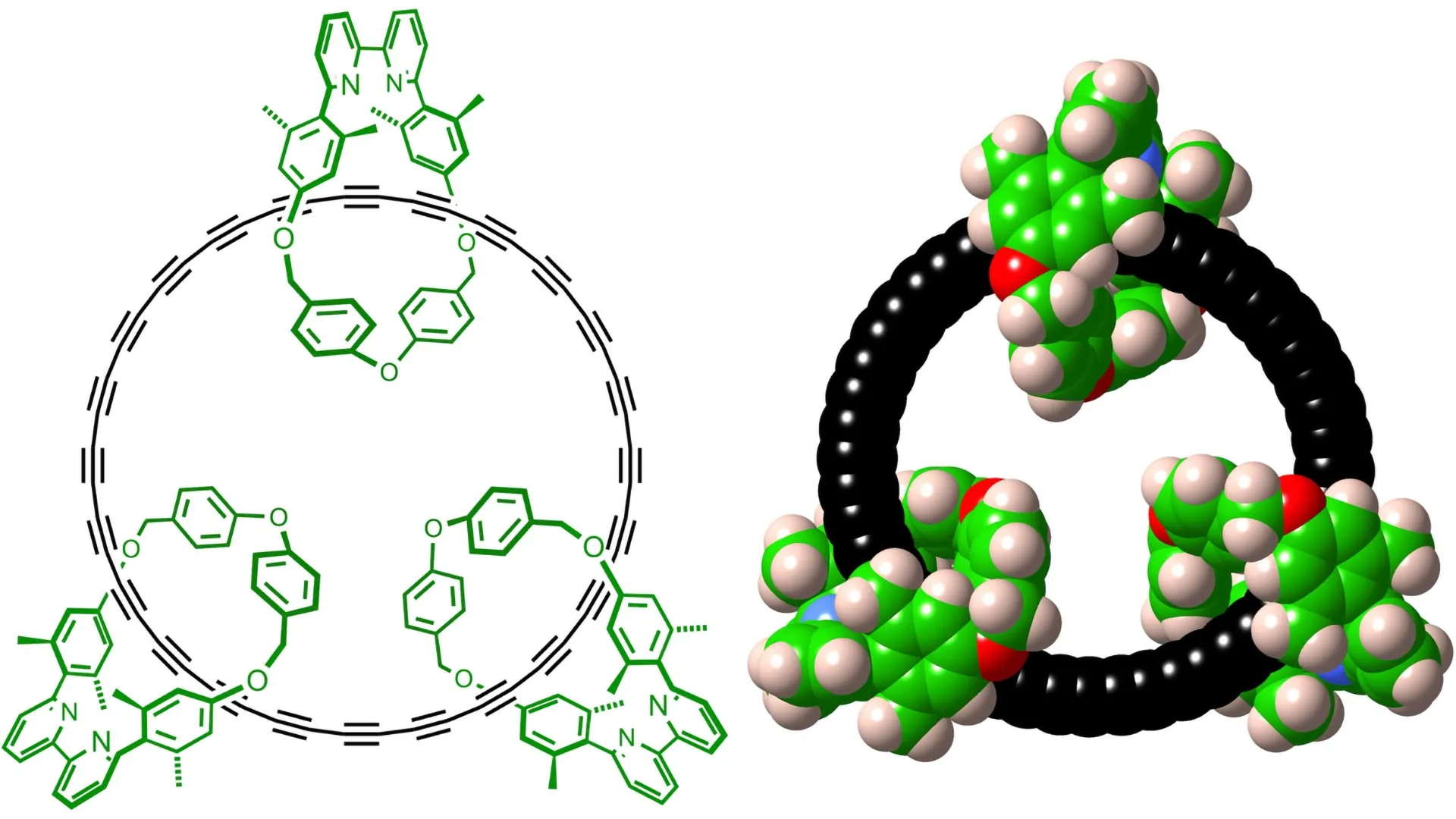Now Reading: Trojan Bacteria Deliver Cancer-Fighting Viruses to Tumors
-
01
Trojan Bacteria Deliver Cancer-Fighting Viruses to Tumors
Trojan Bacteria Deliver Cancer-Fighting Viruses to Tumors

Rapid Summary
- Researchers at Columbia Engineering,led by Tal Danino,developed CAPPSID technology-the frist engineered bacteria-virus system for cancer therapy.
- The system combines tumor-seeking bacteria (Salmonella typhimurium) with a virus that kills cancer cells. It smuggles the virus past the immune system and releases it inside tumors.
- Key features include:
– Immune Evasion: Bacteria act as an “invisibility cloak,” protecting the virus from antibodies while delivering it to tumors.
– Precise Targeting: Bacteria release the viral RNA directly within tumor cells for localized infection and spread.
– Safety Mechanism: Viral spread is restricted to areas where engineered bacteria are present; if outside healthy tissue, viruses lack essential components to replicate.
- Validated in mice, this approach may treat patients resistant to oncolytic viruses due to immunity from previous exposure or vaccination.
- The team aims for clinical translation of living medicines and is expanding research across different cancers and bacterial strains already tested in trials.
Indian Opinion Analysis
This innovative platform represents significant progress in cancer treatment.By combining bacterial engineering with synthetic virology, it addresses key limitations seen in existing therapies-such as immune interference and inadequate tumor penetration. Its patented safety mechanism promisingly balances efficacy with risk mitigation.Potential implications for India could be vast given its rising cancer burden. If triumphant in clinical trials,CAPPSID might pave the way for accessible targeted therapies tailored even for patients exposed to common viruses-a realistic profile among diverse populations here. Yet challenges remain concerning affordability of such high-tech interventions as India’s healthcare frequently enough struggles with cost barriers.
while further development is needed before broader adoption can occur globally or locally-initiatives like this signal transformative advancements that India should closely follow for integration into future oncology practices within public healthcare frameworks.
























